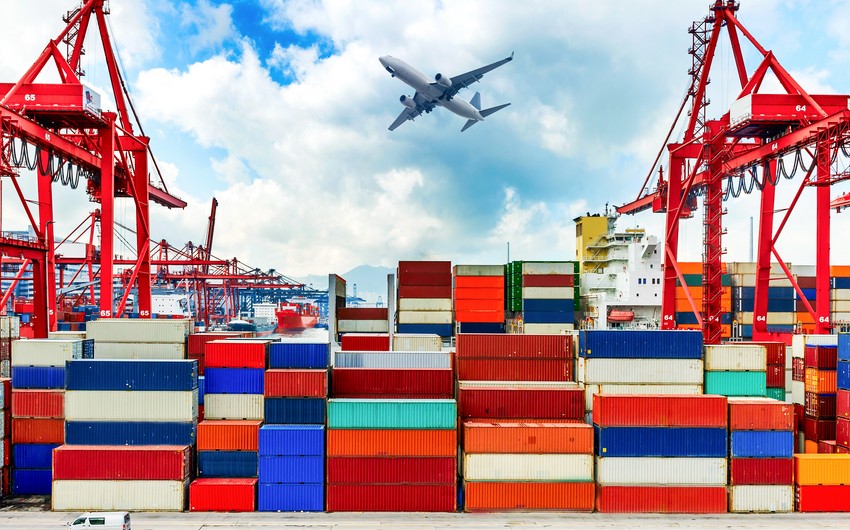Armenia is approaching economic suicide by aggravating the war zone situation and continuing military conflict. The country has been living in economic isolation for many years due to the occupation of 20% of Azerbaijani lands, and today its balance of payments is one of the worst in the post-Soviet space. It reflects the deep economic crisis in the country.
In general, Armenia has an economic deficit syndrome. Thus, according to the State Statistics Committee of Armenia (SSC), its foreign trade balance has never been positive since independence. In the last five years, the negative balance has reached about $3 billion. Given other economic indicators, it shows that the country is dependent on imports and does not have a serious export position.
According to the country's SSC, in the first quarter of 2020, primary goods for export were minerals (35.4% precious stones + 13.1% semi-precious stones), while food exports accounted for just 30%. Due to the COVID-19 pandemic, the former have already lost their value, and the military operations launched due to the Armenian provocation have entirely closed the "market" of minerals. After all, most of the fields were located in Azerbaijan's occupied territories or on the border with them.
Thus, most of the goods that Armenia can sell are raw materials and agricultural products. At the same time, the geography of trade is limited to only a few countries. The main share here belongs to Russia. It is easy to imagine what this means by recalling Armenia's panic by the short-term boycott of Armenian products in the Moscow markets led by Azerbaijani businessmen.
Meanwhile, the coronavirus pandemic has put Armenia's trade potential in such a hopeless situation that there is no need for a boycott - the volume of foreign trade turnover already decreased by 10.2% in the first eight months of this year. This figure was recorded before the start of military operations in Karabakh. Moreover, Armenians have imported drugs, medical equipment, and other products to fight COVID-19, which implies huge spending. It all happened amid a year-on-year increase in the country's imports. There is virtually no 100% self-sufficient production in Armenia, and the share of local goods in total consumption is meager.
The situation is exacerbated by strong competition with imported goods. The Armenian government has joined various programs on customs benefits between the countries to provide the population with food. Accordingly, the prices of imported goods are low, and the quality is much higher than of local goods.
It is clear that today, domestic production in Armenia has deteriorated many times: military aggression and internal political strife have reduced the country's investment attractiveness to zero. Because local currency volatility is so intense and inflation expectations are high, even local entrepreneurs show an unwillingness to invest in new businesses in the future. These are two critical factors that affect the business environment in each country.
Yerevan has no steady income as it does not participate in any significant regional projects. So, today it is the weakest country in the region in economic terms. Their share may or may not reach 15% in the South Caucasus countries' total exports and 17% in total trade turnover. All these indicators had been before the hostilities started. Given the catastrophic consequences the current situation in the conflict zone will have for Armenia, the country's population will soon have to remember how to survive on humanitarian aid.
Expert Gulu Nuriyev


 https://static.report.az/photo/c856105f-28c8-3b52-9b07-6ae69fb70361.jpg
https://static.report.az/photo/c856105f-28c8-3b52-9b07-6ae69fb70361.jpg

